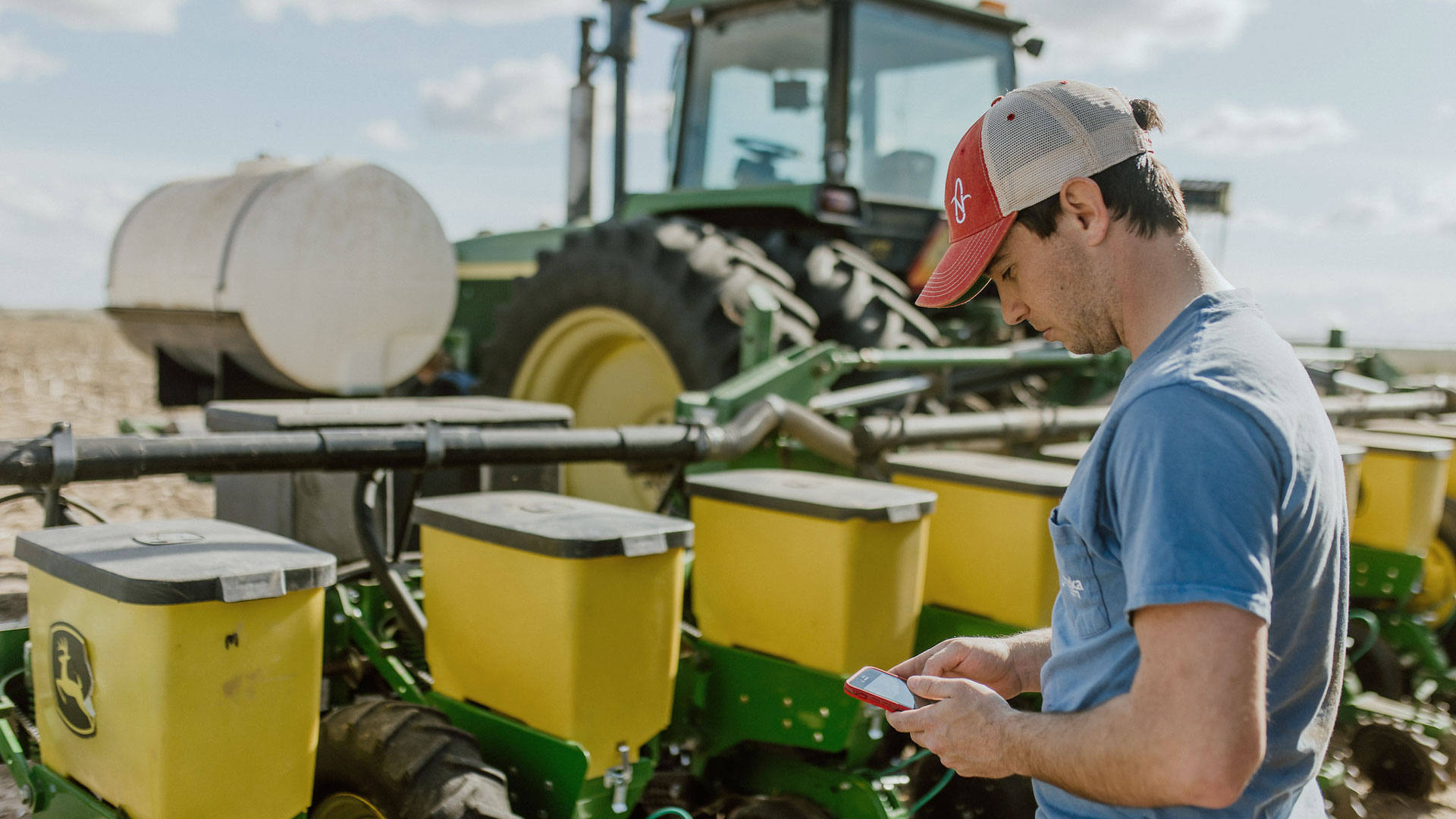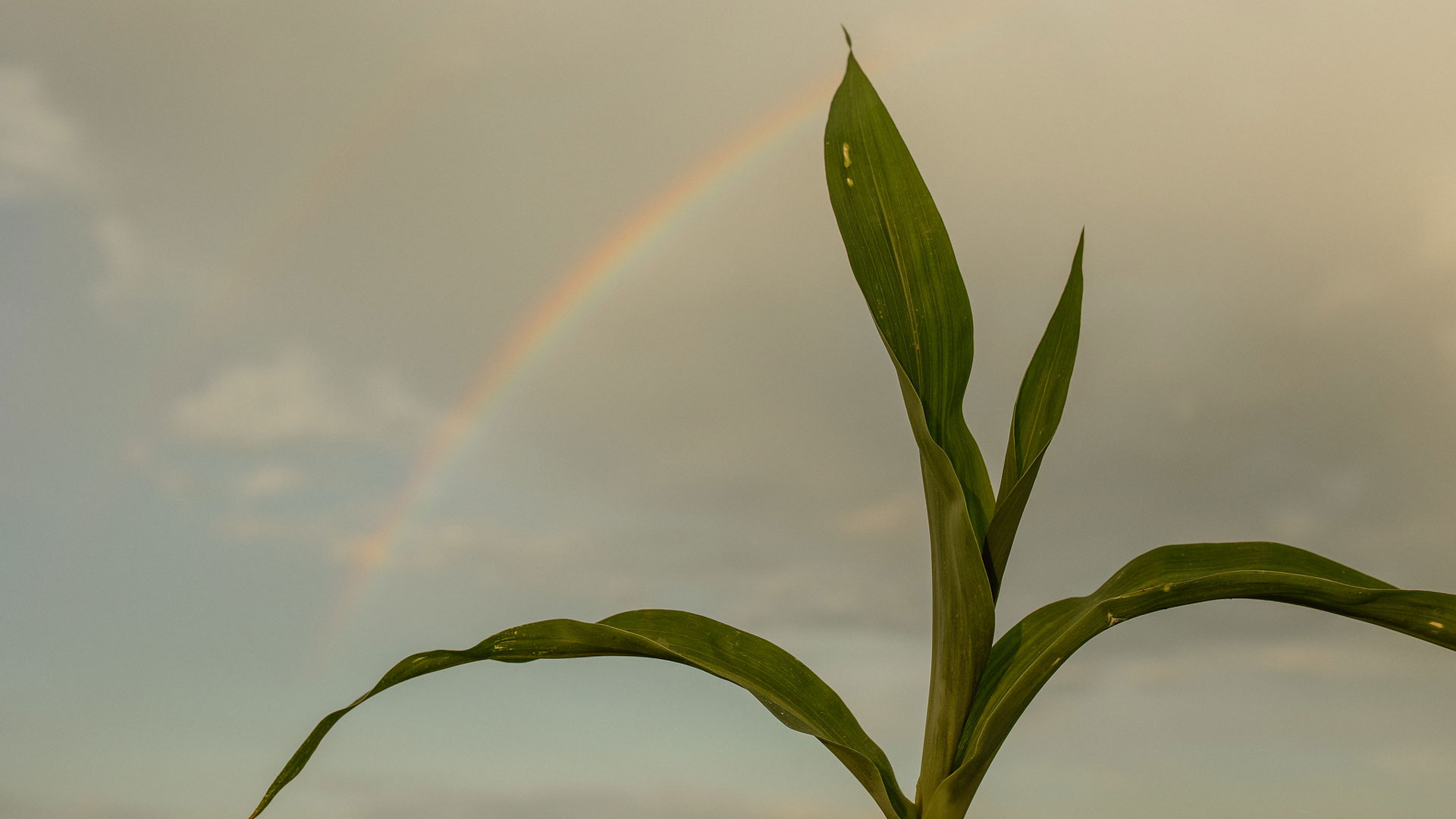The goal of water conservation is not rocket science: be precise and maximize the efficiency of each drop. Water conservation is important not only to ensure long-term sustainability of water sources, but also to maintain healthy, high-yielding crops.
Dr. Suat Irmak is a professor in the Department of Biological Systems Engineering at the University of Nebraska-Lincoln. His research, education and outreach focus on using the principles of science and engineering to address real-world challenges associated with soil and water resources.
According to Dr. Irmak, effective irrigation management is the key to protecting freshwater resources and improving crop production efficiency.
Irrigation is feeding the world.
Studies have shown that implementing irrigation can bring consistency to a farm’s year-to-year productivity as compared with rain-fed crop operations. In some cases, said Dr. Irmak, irrigation can increase production by up to 400%.
Today, irrigated agriculture contributes to about 40% of the world’s total food and fiber production on only about 20% of cultivated land.
“Irrigated agriculture has been significantly contributing to food security and reducing poverty since its beginning,” said Dr. Irmak. Higher yields produced by irrigated agriculture make it possible to feed, fuel and clothe the world’s growing population.
Precision matters – and farmers know that.
While irrigation is overwhelmingly positive in terms of food security, efficiency is imperative to keep crops healthy – and to protect the environment.
Over-irrigation is destructive to yield and wasteful of water and energy. Dr. Irmak’s research reports that applying just 25% more water than needed can reduce grain yields significantly.
As engineers constantly seek improvements to precision technology, farmers will continue to use what they know about soil science to protect the environment and feed the world’s growing population.




